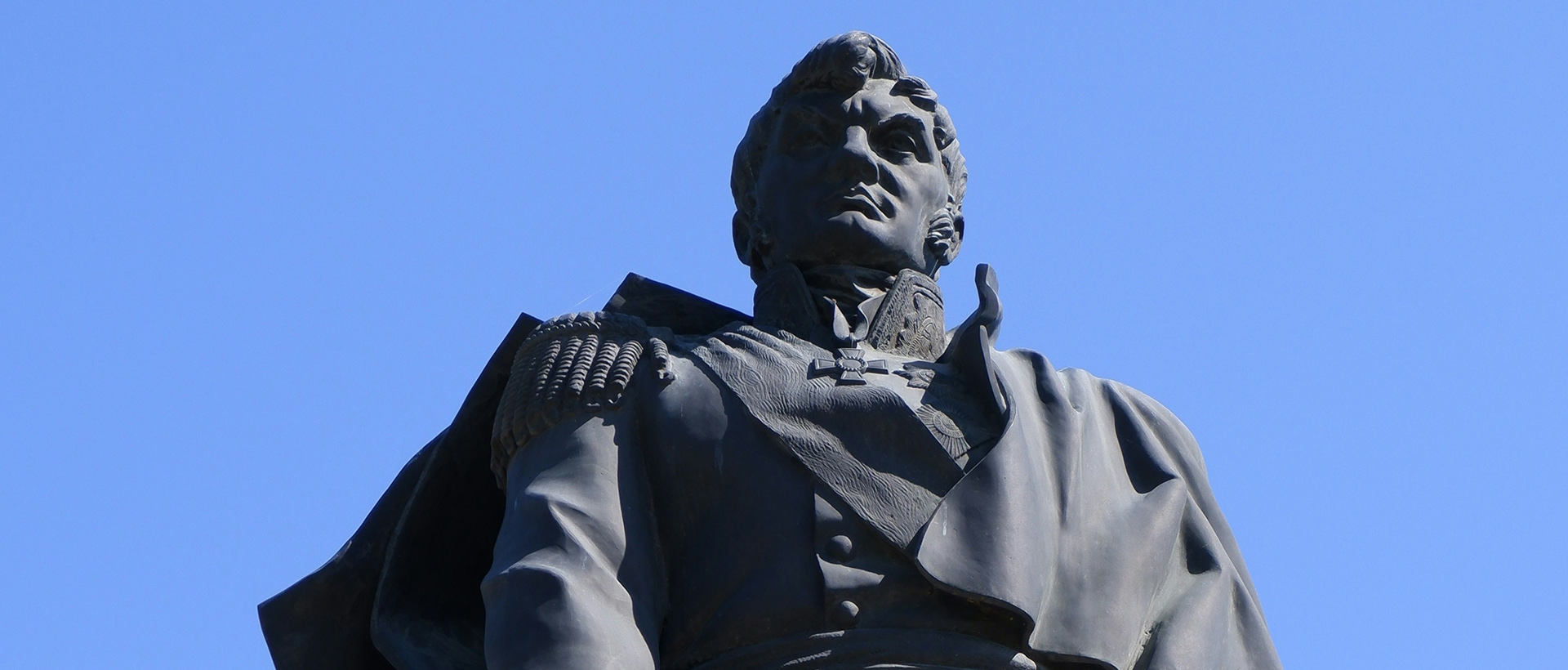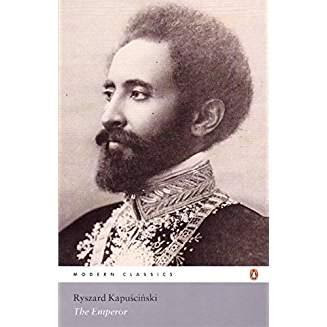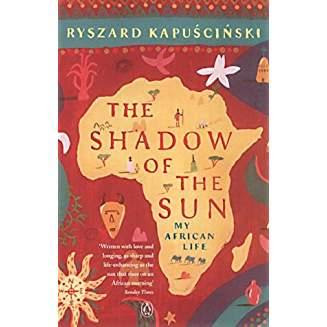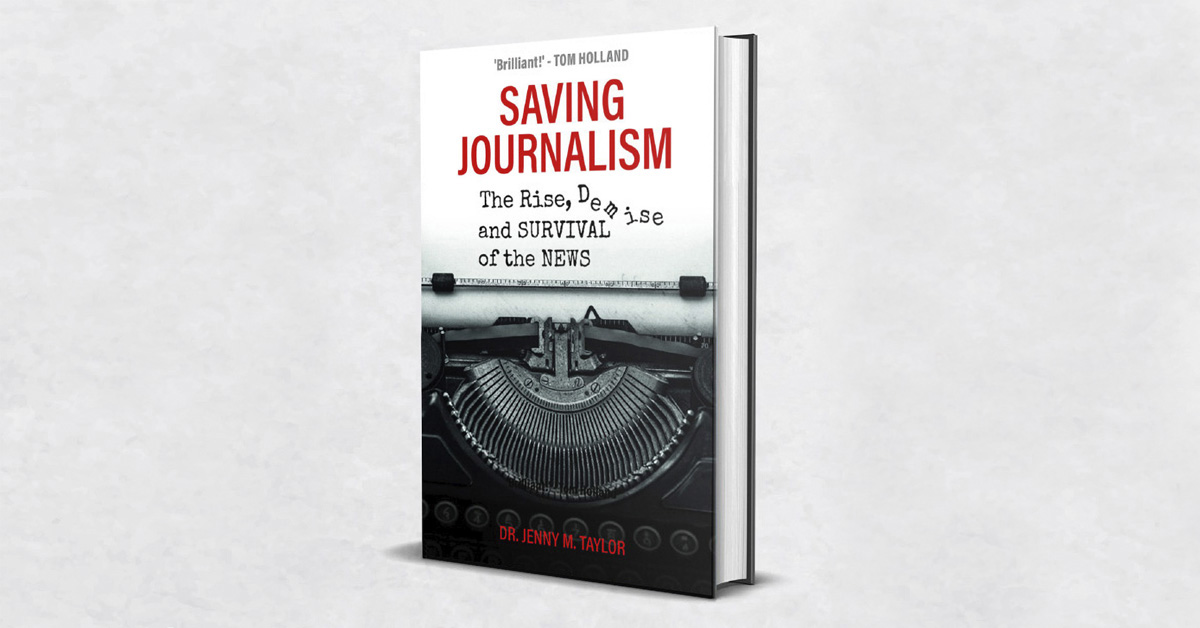
This post was originally published as a KLICE Comment, November 2017, written by Craig Bartholomew. Reissued June 2021 with light editing for the Director’s Blog.
Immigration is a topic much on our minds in the UK, Europe, America, and doubtless in many other countries as well. Immigration, especially as we are experiencing it today, brings us – at least potentially – into an encounter with “the other,” human beings who are different from us and cultures that often appear alien to our own. In this short piece I will use the remarkable writings of the Polish journalist Ryszard Kapuściński (1932-2007) to explore what might be involved in understanding the other. In particular I will focus on the collection of Kapuściński’s lectures given late in his life, The Other,(1) in which he explores what motivated his work.

Kapuściński was a foreign correspondent for the Polish news agency until 1981, and, as such, was an eyewitness of countless revolutions, coups, and wars in Asia, Latin America, and Africa. During the communist era covering Europe was out of bounds but these other countries were fair game, and, amidst the daily challenges of submitting reports for his agency, Kapuściński produced a large number of books, many of which remain readily available in English. Kapuściński is an excellent writer and his books, crafted from eyewitness reports, make for riveting, profoundly moving, and instructive reading.
Kapuściński learnt from the Polish born social anthropologist Malinowski that “to judge something, you have to be there”. He identifies Malinowski as the father of “anthropological reportage”, what we might call journalism through immersion. Read any of Kapuściński’s books and you will soon realize the extent to which he went to understand situations on the ground amidst what were often the most challenging circumstances. His most well-known book, The Emperor: Downfall of an Autocrat, for example, emerged from his settling into Addis Ababa to locate and interview the courtiers of the recently deposed Emperor of Ethiopia, Haile Selassie.


Reading his accounts, it is hard to know just how Kapuściński did what he did, living regularly amidst great hardship in order to witness, listen to the stories of those on the ground, and to learn at a very deep level. If, like me, you long for a revival of best practice in investigative reporting then you will enjoy Kapuściński, and below is a list of his books that I have been reading. I count reading his The Shadow of the Sun: My African Life,(2) as the book that helped me to get a sense of what real poverty involves. At the very least we can learn from Kapuściński that getting to know the other requires real and sustained effort.
An important element in Kapuściński’s reflections in The Other is that it is through encounters with the other that we get to know ourselves: “Others … are the mirror in which I look at myself, and which tells me who I am. When I lived in my country I was not aware that I am a white man and that this could have any significance for my fate. Only once I found myself in Africa was I immediately informed of this by the sight of its black inhabitants. Thanks to them I discovered my own skin colour, which I would never have thought about alone.” Kapuściński tells how children in Uganda would repeatedly touch him and then watch their hands to see if they would go white!
For the other, we are the other, and an important part of Kapuściński’s reflections involve the historical side of British and European encounters with other cultures. Alas, far too much of this story over the centuries is one of conflict, collision, and exploitation. Kapuściński notes that it was only in the eighteenth century that we detect a move towards understanding. An important insight of Kapuściński’s is that encounter with the other need not involve collision but can open out into exchange. He tells the remarkable story of the juxtaposition of conflict and exchange during the civil war in Liberia in the early 1990s. The war front was a river joined by a bridge with a market on the government side. The shooting would continue unabated until midday and then, in the afternoon, peace would come, with the rebels crossing the bridge to shop at the market! They would hand their weapons to government representatives while they shopped and upon returning would receive back their weapons.(3)
What makes Kapuściński so interesting is that not only has he immersed himself in so many complex contexts, but he has also reflected deeply upon the encounter with the other. Ascherson rightly observes that “not many of his readers have absorbed Kapuściński as a thinker, as an intellectual who enjoyed philosophical theorising and ethical reflection on the margins of Catholic theology.” (4) Kapuściński was deeply influenced by Father Józef Tischner, a Krakow theologian close to John Paul II. Tischner, like John Paul II, drew on the Jewish philosophy of Emmanuel Levinas, who positioned ethics and the face of the other at the heart of his philosophy. Kapuściński, too, is deeply influenced by Levinas, stressing the importance of the face of the other, of our responsibility for the other and that we encounter God in such encounters. (5)
Kapuściński’s work is endlessly fascinating and there is so much to learn from him. For now, a few points in conclusion. Kapuściński rightly notes that participating in a pluralistic, multicultural world requires a “mature sense of identity”. (6) Alas, one senses that in the UK and Europe we are no longer sure just who we are. Certainly, we are ambivalent at best about our Christian tradition and what it means for today. Such uncertainty makes us vulnerable to the least attractive aspects of nationalism, which treats our nation as the highest value. This is one reason why we are witnessing right wing reactions across much of Europe, in the UK, and in the USA.
Nationalism should be carefully distinguished from patriotism; the latter is healthy, the former not. Kapuściński is well aware that the other we encounter may be the enemy, and, in my view, it would be folly to invite the enemy to take up residence within one’s home and culture. Hospitality and folly are two quite distinct things. However, before we issue blanket condemnations on the other and find refuge in false nationalisms, we need to work out our own identity so that we can be truly, and wisely, hospitable. And, it may be, that it will be the very encounter with the other that will help us to know ourselves. Certainly, we should learn from Kapuściński that knowing the other is essential, but not easy, and requires real and sustained effort. Only, I suggest, through such processes of knowing ourselves and others will we begin to be in a position to make judgment calls on such hot button issues as immigration.
Books by Kapuściński
The Other (London: Verso, 2008).
The Shadow of the Sun: My African Life (London: Penguin, 2001).
The Emperor (London: Penguin, 1983).
Shah of Shahs (London: Penguin, 2006).
Another Day of Life (London: Penguin, 1987).
The Soccer War (London: Granta, 1990).
1. Ryszard Kapuściński, The Other (London: Verso, 2008).
2. (London: Penguin, 2001). See the searing story on p. 111-112.
3. The Other, 20-21.
4. Neal Ascherson, “Introduction,” 3, in Kapuściński, The Other.
5. The Other, 34-36
6. The Other, 47.



The Kirby Laing Centre for Public Theology in Cambridge. Charity registered in England and Wales. Charity Number: 1191741
Kirby Laing Centre, Office 1, Unit 6, The New Mill House, Chesterton Mill, French’s Road, Cambridge, CB4 3NP
© 2025 The Kirby Laing Centre for Public Theology in Cambridge